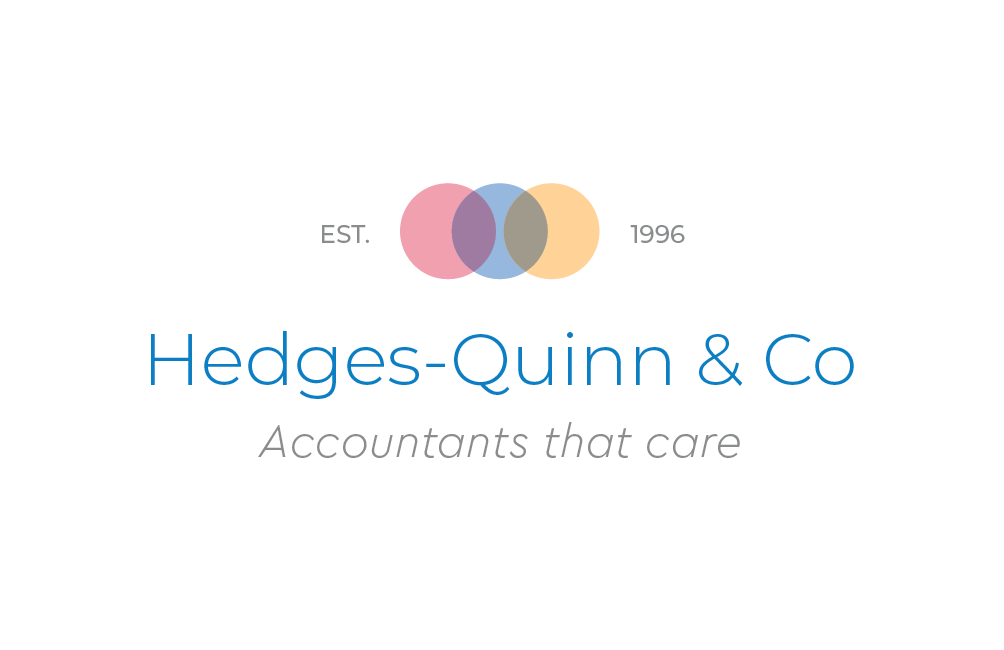
Budget Statement 2024: A Budget for long-term growth
term growth. Read our plain-English, no jargon headline guide to how it may
impact your business.
6 March 2024 saw Jeremy Hunt announce his third budget as Chancellor. Last year, Hunt
started the Budget announcement stating that the UK would not enter a recession in 2023
but by October 2023, we had entered a recession. This gave Hunt a challenging starting
point, and with an election looming, this needed to be a people-pleasing Budget.
Hunt noted that since 2020 growth has been higher than in every other large European
economy, unemployment has halved and absolute poverty has decreased. He
acknowledged that we remain in challenging times and the budget aims for long-term
growth.
Hedges-Quinn has put together this simple, no-jargon guide on the headlines that will
impact you as a business owner.
SMEs
- £200 million to extend the Recovery Loan Scheme and to help the transition to the
- Growth Guarantee Scheme.
- The VAT threshold is increasing from £85,000 to £90,000. This is the first increase in
- 7 years.
- The full expensing tax break for businesses extended to leased assets.
Orchestras, Museums, Galleries and Theatres
- The pandemic relief for the Arts was due to end in March 2025. This is being made
- permanent with a tax relief of 45% for touring productions, and 40% for non-touring.
- £100 million of levelling up funding allocated to support cultural projects in
- communities
HMRC investment
HMRC will receive additional investment to increase revenue collection.
National Insurance
- In January 2024 National Insurance was reduced by 2% to 10% impacting 27 million workers. Self-employed National Insurance is due to decrease in April from 9% to 6%.
- Hunt announced a further cut of 2p, bringing Employee National Insurance down to 8%. It is stated that the average worker would save £450 (salaried at £35,400) and self-employed person will save a further £350 per annum.
- It is predicted that with the two reductions in NI, it will be the equivalent of 200,000 more people in work.
Childcare
- Childcare providers will have a guaranteed rate to allow them to introduce the changes announced at the last budget coming in April 2024. It is predicted that an extra 60,000 parents will be able to enter the workforce in the next three years.
As a reminder, this means that from September 2026, families, where all adults in the home are working a minimum of 16 hours a week, will be eligible for 30 free hours of childcare a week from the age of 9 months. This will be introduced in stages from April 2024, and be fully in place by September 2026.
- The threshold for claiming child benefit will increase from £50,000 to £60,000 from April 2024. This will switch to a household regime following a consultation with HMRC in April 2026.
Alcohol and Fuel Duty
- The Duty freeze on both alcohol and fuel has been extended.
- Alcohol duty has been extended to February 2025, and the fuel duty freeze for another 12 months.
Vaping and Tobacco
- Disposable vapes have already been banned. Following the Budget, a new “vaping tax” was introduced.
- A consultation will begin to introduce a new excise duty on vaping.
- To encourage choosing vaping over smoking there will also be a 1% increase in tobacco duty.
Air passenger duty
An increase in duty is to be introduced on non-economy flights.
Non-dom tax status
Currently, the non-dom regime is that people pay UK tax on money that is earned in
the UK. This is to be abolished, and replaced with a more modern, simpler approach.
From April 2025, new arrivals to the UK will not have to pay tax for four years on
money earned elsewhere. After four years, they will pay full UK tax.
Oil and gas windfall tax
The windfall tax introduced in 2022 will be extended to 2029.
Holiday lets
The furnished holiday lettings regime is to be abolished to improve the availability of
long-term rental homes.
Property Tax
- Multiple Dwellings Stamp Duty Relief is to be abolished
- Capital Gains tax will be reduced from 28% to 24% for residential property for Higher Rate taxpayers.
If you are interested in reading impartial facts and would like to know more details, about both business and personal impact, the full speech is available on the Gov.uk website.
If you have any concerns about your commitments, your business or your financial security, please do give us a call.
